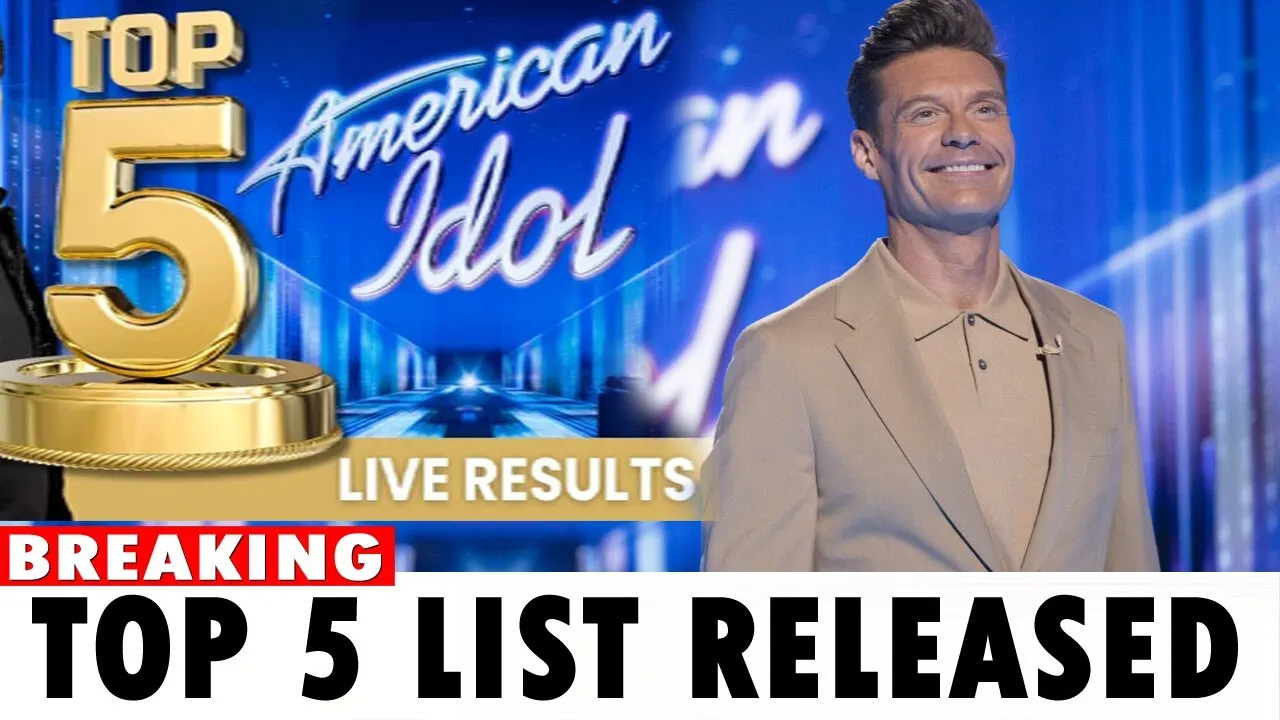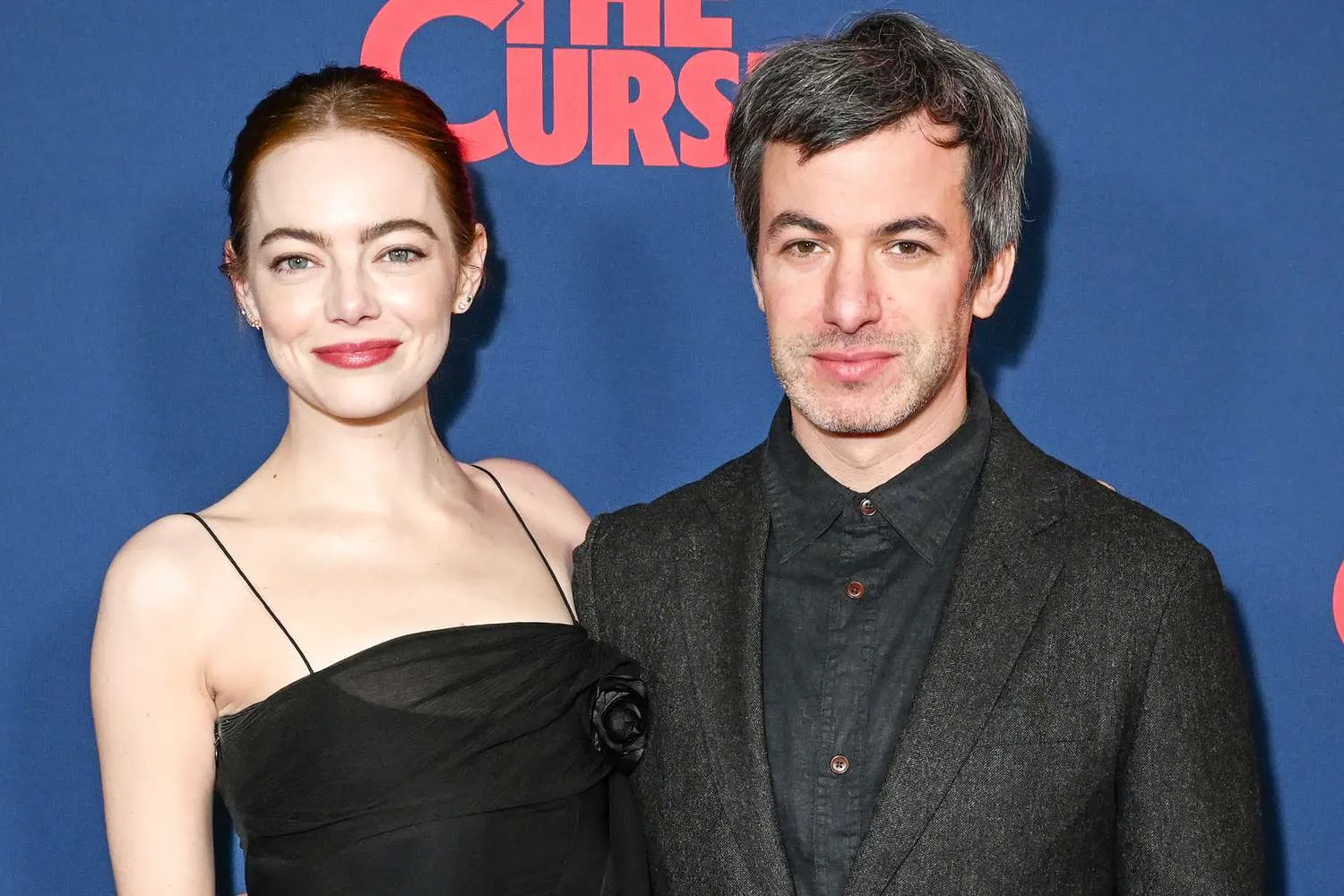Mandy Moore Calls Out Clickbait Culture: The Shocking Truth Behind Her Trauma
In a powerful stand against invasive journalism, Mandy Moore has recently exposed the predatory nature of media outlets seeking to exploit personal trauma for clickbait. The actress and singer took to social media to shed light on an unethical interview request that attempted to force her to relive painful memories against her will.
Moore’s bold revelation came through an Instagram story that quickly caught the attention of fans and media critics alike. The post revealed an email from an unnamed publication that was seemingly determined to pressure her into discussing her past traumatic experiences, specifically her previous abusive relationship.
The email, which Moore shared publicly, demonstrated a troubling journalistic approach that prioritized sensationalism over personal boundaries. “The interview will be put on pause,” the message suggested, “unless you’re willing to discuss your past relationship in detail.”
Moore’s response was swift and unequivocal. She made it clear that she will not be manipulated into reopening old wounds for the sake of generating online traffic. Her stance highlights a critical issue in modern media: the exploitative nature of clickbait culture that treats personal trauma as a commodity.
As an advocate for the #MeToo movement, Moore has been transparent about her experiences in the past. However, she emphasizes that sharing her story should be her choice, not a requirement imposed by journalists seeking sensational content.
The incident has sparked a broader conversation about:
- Media ethics
- Consent in storytelling
- Respect for personal boundaries
- The psychological impact of forced trauma disclosure
Moore’s previous openness about her experiences with emotional abuse has been on her own terms. Her work on This Is Us and her music have often touched on personal struggles, but always from a place of personal agency and healing.
Social media has largely rallied behind Moore, with many praising her for standing up against predatory interview tactics. “My blood is boiling,” she wrote, capturing the frustration of many who have experienced similar pressures to commodify their personal pain.
The publication in question ultimately withdrew from the interview, effectively proving Moore’s point about the manipulative nature of their approach. Her actions serve as a powerful reminder that celebrities are not public property, and their personal narratives deserve respect and autonomy.
Moore’s stance extends beyond her personal experience. It represents a critical moment in the ongoing dialogue about media responsibility, consent, and the ethical boundaries of storytelling in the digital age.
By refusing to be defined by her trauma and controlling her own narrative, Mandy Moore has once again demonstrated her strength and integrity. Her message is clear: personal stories are not clickbait, and trauma is not entertainment.
Disclaimer: The details of this article are based on publicly available information and social media posts by Mandy Moore.






Leave a Comment